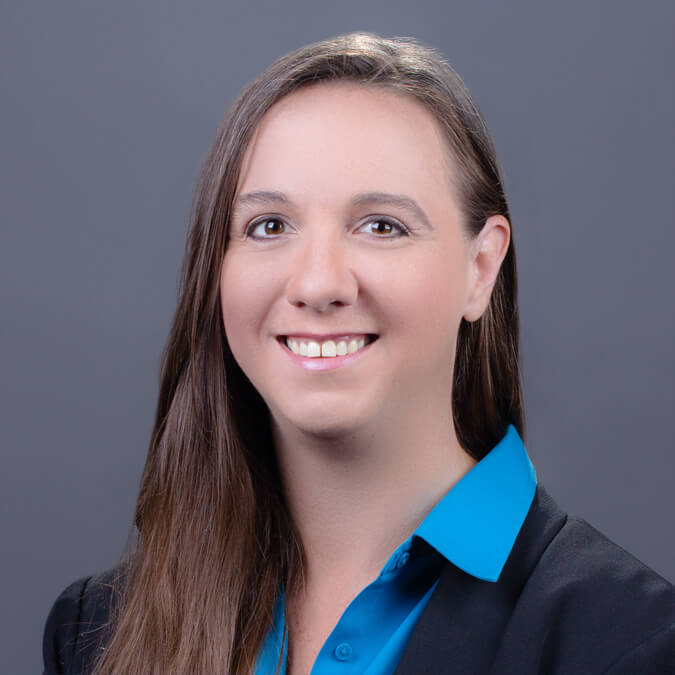Consolidated Credit’s president Gary Herman explains how counseling started in the U.S. and how it helps consumers who get overextended with credit cards to find relief. He reveals how most Americans end up with debt problems and why debt management is often the way to solve them.
[On-screen text] Interview with Aizer: Gary Herman – President, Consolidated Credit
Dave Aizer: Consolidated Credit has been helping Americans get out of debt for nearly three decades and Gary Herman has been there since the beginning, even though he only looks 25. So, what has he learned over the years that can help you get out of debt? Let’s ask him.
Gary, we all know that Americans are more deeply in debt than ever. Credit card debt is now well over a trillion dollars in this country. What happened?
Gary Herman: The main thing that happened is time. Debt is a creeping problem, that you don’t start off on Day One owing $20,000 – or with five or six credit cards. You start with one card and then you go to a store and to get a discount, you get another card. And you start off with $100 on each card and you only have to pay $25 a month.
So, it seems easy – owing money, making minimum payments. The debt gets a little bigger and a little bigger, And as long as people are comfortably making their minimum payments, they’re really not paying attention to how much interest is accumulating or whether the balance is going up, and up, and up.
And when you have multiple cards, it’s hard to keep track of what your total debt is. The bills are coming in at different times of the month. And if you don’t pay attention to it, after the course of three, four, or five years, you wind up owing twelve, fifteen, twenty thousand dollars. It is not uncommon for us to see people owing over $30,000.
Aizer: And then you hear and you see all these ads – “We can make your debt go away.” How do debt consolidation and debt management work?
Herman: Speaking specifically about nonprofit credit counseling agencies, despite what you may think, credit card companies want to help you get out of debt. But the average person struggling with debt owes five, six, seven credit cards. And the credit card companies aren’t allowed to work together to help you get out of debt. So, they need an intermediary.
Back in the 70’s they created a program for people who qualify for nonprofit debt management or credit counseling programs, where the company will do a budget, see what options the consumer even has – not everyone can qualify for debt management, it doesn’t help everyone. You have to need it, you have to be able to afford it, and it has to help you. You have to save money, time, or both before a credit counseling agency would put you on the program.
Consumers make one payment. They get a lower interest rate, and it’s usually around nine or ten percent, which is significantly better than the twenty percent or higher, especially if you’ve fallen behind or are about to fall behind. They [credit card companies] risk price you and you’re typically paying in excess of twenty percent interest.
Aizer: So, if you qualify, it sounds like a debt management program can actually be really helpful.
Herman: It’s really helpful, if you can make the payments. It’s a commitment. It does take around four years. You have to be able to afford the payment. It saves a lot of money in interest. It can help you avoid bankruptcy for people who really can’t afford to pay their debts off on their own.
Aizer: What should people look for in a nonprofit credit counseling agency? After all, they’re entrusting their financial futures with these companies.
Herman: That’s actually a really good question. For the most part, the programs that credit counseling agencies are the same because they come from the credit card companies. But it really makes a difference, the level of sophistication, the level of service, and the quality of the people who work there.
You should also make sure that the company has been in business since at least the early 2000’s, and make sure they’re licensed and/or registered in the state where you live. You can check the website to make sure that they’re properly registered, properly licensed. Check social media for reviews, and do research also with the Better Business Bureau. [It] has also credit counseling agencies scored. Consolidated has an A-plus rating and we’ve been doing this for a very long time.
Aizer: Can’t do much better than A-plus.
Herman: That’s right.
Aizer: Gary, thank you so much.
Herman: Sure. My pleasure.
Aizer: If you are in debt and you don’t know how to get out, call one of Gary’s certified credit counselors today for a free assessment.

